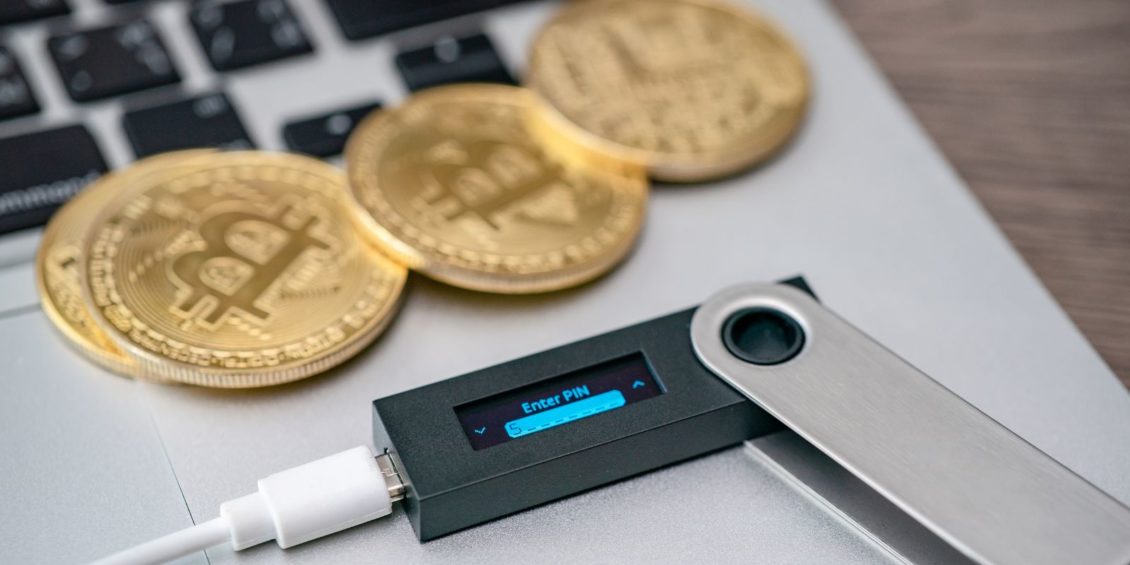Privacy is a must in the digital era for an open society. However, despite being designed to provide strong privacy features, privacy coins have struggled to gain traction. Monero and zcash, two prominent privacy coins, have seen their values decline since 2018, while ether (ETH) has more than doubled in value during the same period. Unfortunately, this trend extends to adoption metrics as well, with even darknet markets continuing to rely on Bitcoin (BTC) as their preferred asset. The lacklustre performance of privacy coins has been a source of disappointment, leaving many wondering why they have yet to find mainstream success. If you want to invest in bitcoins you can visit Qumas AI UK
Reasons behind Privacy Coins Not Gaining Traction
Privacy Remains a Complex Challenge
The evolution of HTTPS, the secure hypertext protocol used by most websites today, teaches us an important lesson about privacy: people are more likely to prioritize it when it’s easily accessible. In the early days of website connections, plaintext was the norm. HTTPS was initially adopted only by websites dealing with sensitive financial information because it was slow and cumbersome. Only after computational costs became cheaper did HTTPS become the default, quietly enforced by websites without users’ awareness.
Similarly, WhatsApp’s implementation of end-to-end (E2E) encryption in 2016, without consulting users, marked a turning point for privacy in messaging services. These two modifications have accomplished much more for online privacy than other things, without making it necessary for people to actively select privacy.
Surviving a Bear Attack: Outrunning the Competition Is Key
Privacy coins have consistently been the primary target of regulatory scrutiny. When tasked with the imperative to take action, regulators often target privacy coins as a convenient and easily identifiable scapegoat. These cryptocurrencies are frequently portrayed as shadowy and obscure, thus making them a convenient boogeyman for regulators seeking to demonstrate their effectiveness in combating financial crimes. However, this approach neglects the fact that privacy coins are not inherently nefarious and are simply one tool among many that can be used for both lawful and unlawful purposes. Such a narrow focus on privacy coins risks obscuring other important issues in the broader cryptocurrency ecosystem and may ultimately hinder the development of a more effective regulatory framework that can better address the challenges posed by emerging technologies.
Limited Adoption of Privacy Coins in Transactions
While individuals may prioritize privacy in their financial transactions, the limited adoption of privacy coins suggests that few are interested in using them for day-to-day transactions. While some may envision private versions of BTC, ETH, or stablecoins, the reality is that few are interested in using specialized coins solely for their privacy features. Ethereum-based privacy solutions, such as Tornado Cash, have seen greater uptake as they offer privacy within existing smart contract chains and popular currencies like ETH, USDC, or DAI. In contrast, privacy coins like Monero suffer from poor wallets, off-ramps, and liquidity, deterring many users from adopting them.
Limited Emphasis on Privacy Among the General Public
One can observe from individuals’ actions their revealed preferences towards prioritizing convenience over privacy. Despite the widespread knowledge that social media platforms openly sell user data to third parties, people continue to utilize these apps daily. Additionally, individuals use payment apps like Venmo, which publicly broadcast their financial transactions, while privacy-focused alternatives like Signal and Telegram are readily available.
Furthermore, the use of SMS, which can be easily subpoenaed by law enforcement due to its unencrypted nature, remains prevalent despite the existence of more secure messaging options. While it may be tempting to attribute this phenomenon to a lack of consumer education, the reality is that people knowingly make choices that prioritize convenience over privacy.








Leave a Reply
View Comments